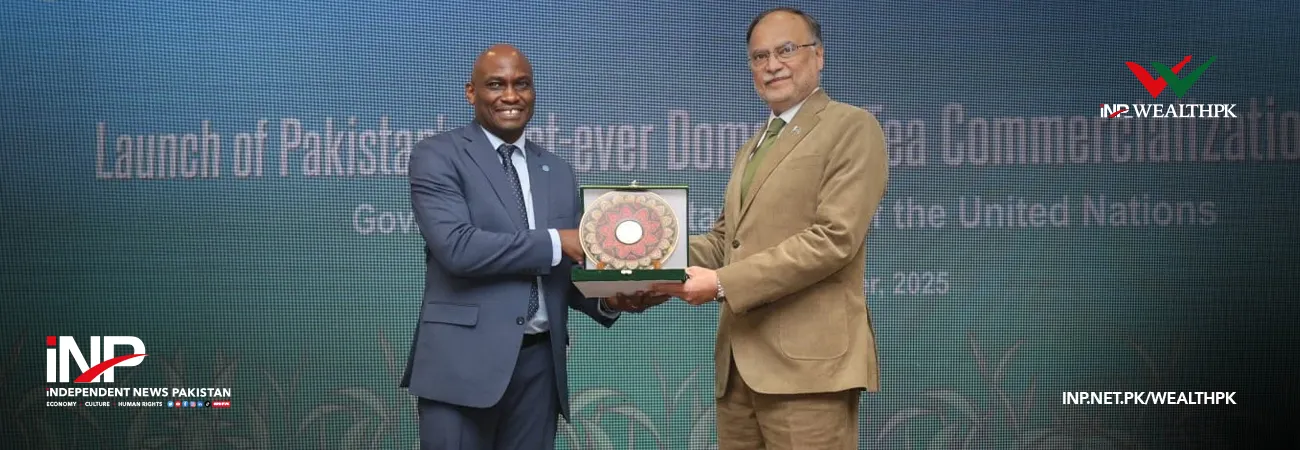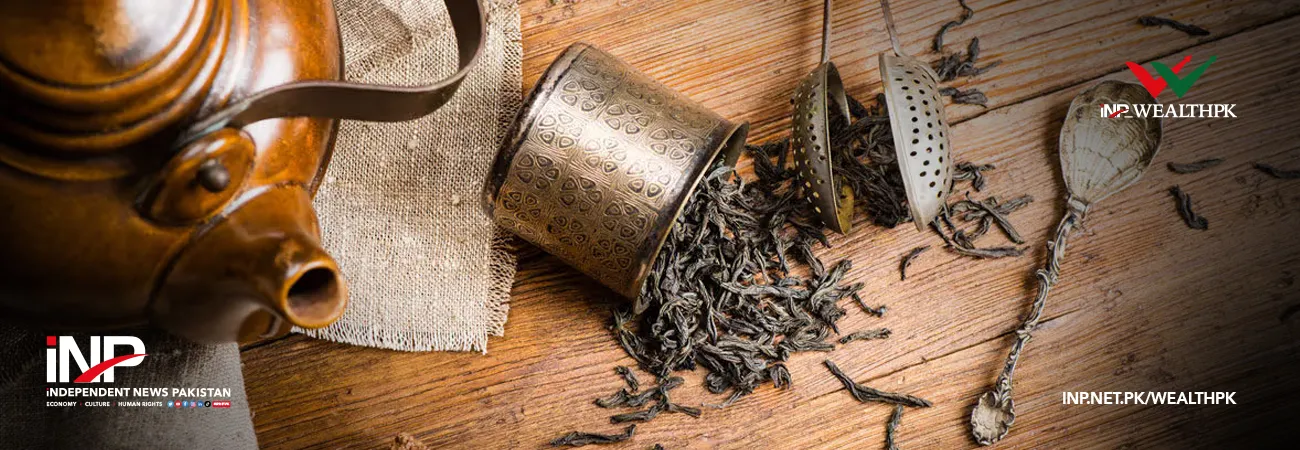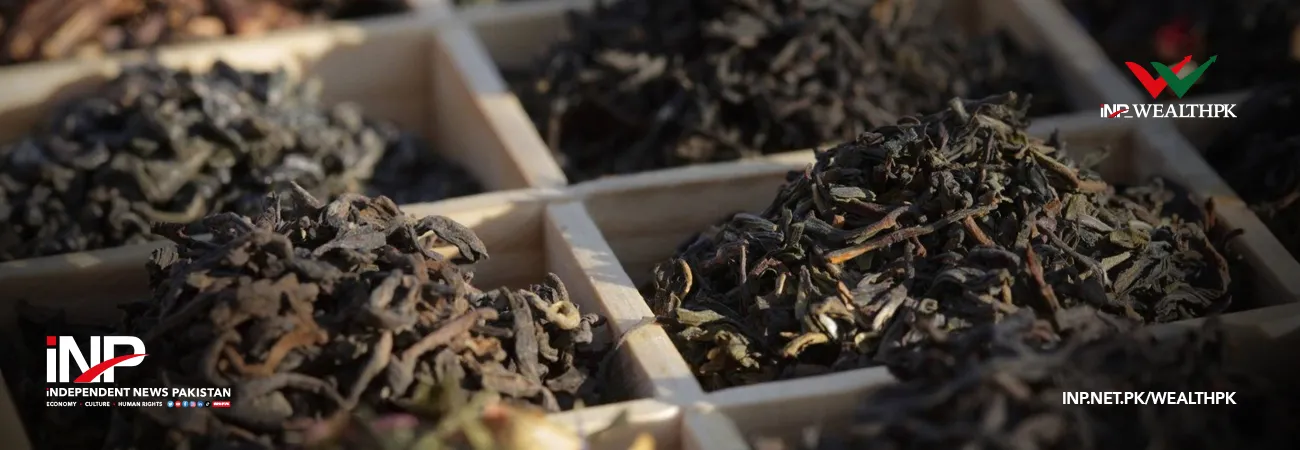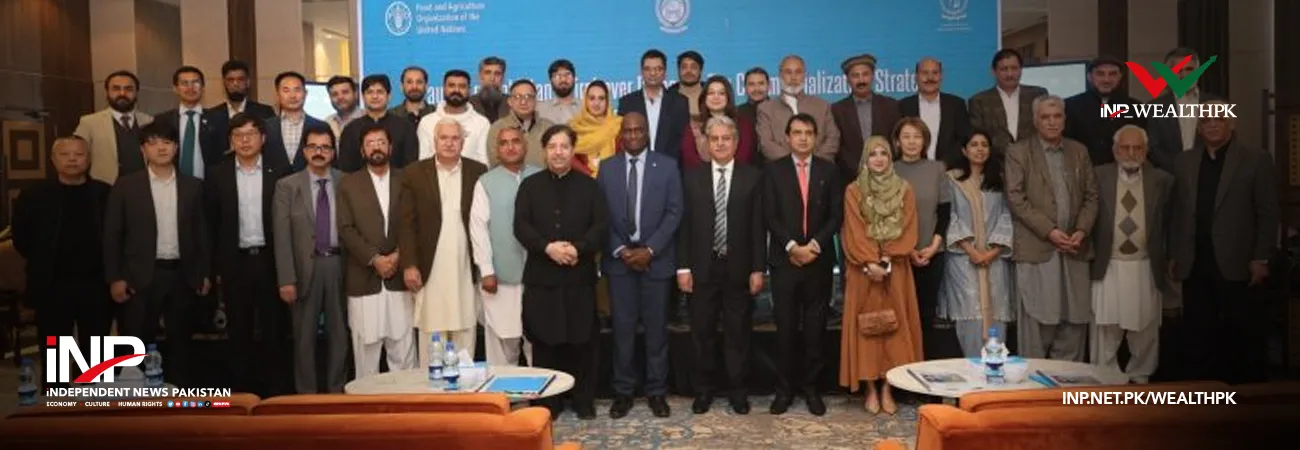آئی این پی ویلتھ پی کے
Faiza Tehseen
The recent tensions between India and Pakistan following the Pahalgam incident are jeopardising the ongoing medical treatments of Pakistani patients in India.
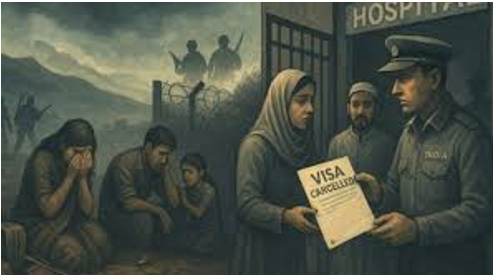
"Following the incident, India has revoked all visas issued to Pakistani nationals, including patients, sending them packing. The patients, who were undergoing treatment for chronic medical conditions, now have to discontinue their treatment and return to Pakistan where they may not get the required specialised care. This is the violation of basic medical ethics and will endanger the patients’ health,” noted Brig (r) Dr Amjad Tanveer, a physician based in Islamabad.
India has also suspended the Indus Water Treaty with Pakistan in the wake of the incident. Speaking exclusively to WealthPK, Tanveer said both Pakistan and India are the members of World Health Organisation (WHO), and also the signatories to the International Health Regulations (IHR). “IHR is a legal instrument of international law defining that participating countries have specific rights and obligations to prevent and respond to international medical issues.”
He said that the decision from the Indian government can be considered as a breach of international medical protocols, outlined by the IHR to coordinate efforts concerning health issues. “IHR emphasise that political tensions must not impede access to essential healthcare. So, it can be said that denying the medical treatment to patients based on nationality is not acceptable and is contrary to humanitarian principles,” he pointed out.
Tanveer said: “The immediate priority should be the well-being of patients affected by the visa revocations because the uncertainty surrounding the situation is leaving the patients in a state of distress. Human lives must be prioritised over political disputes.” Dr Razia Safdar, a health expert and researcher from Sustainable Development Policy Institute (SDPI), said: “Mostly patients of liver, kidney, and heart transplant used to go to India seeking specialised treatment. Cardiac patients, particularly children born with heart disease, avail critical treatment in India,” she added.
She said that newly-operated patients and those who are in the recovery phase are considered to be critical ones. “Quick movement of them and even their discharge from hospital may cause a health risk. So, in this situation, it can be fatal for a patient to be forced to leave the hospital.” “This is a critical issue, which must be treated on humanitarian basis. Critical patients should be given time to recover. Cure and life, both are the sensitive issues and must be treated with justice,” added Razia Safdar.
Credit: INP-WealthPk




